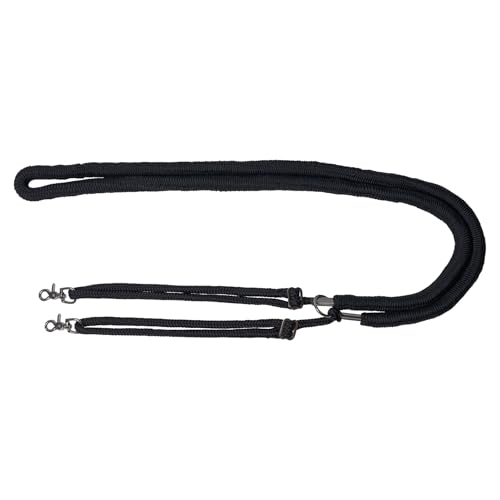From vetinfo.com: "There are a number of things which can initiate or facilitate enzyme leakage, so pancreatitis can occur for a number or reasons. Often, it takes a combination of precipitating factors to cause pancreatitis to occur in a dog or cat. High fat diets, obesity and lack of exercise are the most common "life-style" contributors.
Miniature schnauzers are predisposed to pancreatitis due to a tendency to have high levels of lipoproteins in their blood streams. Corticosteroids and azathioprine medications may contribute to the tendency to develop pancreatitis. Hyperadrenocorticism, a naturally occurring overproduction of corticosteriods that is fairly common in dogs may also lead to an increased susceptibility to pancreatitis. Anything that interferes with blood supply to the pancreas or release of digestive enzymes by the pancreas may lead to pancreatitis. For some reason, pancreatitis does not occur, or is not recognized, as often in cats as it does in dogs.
The "typical" pancreatitis patient is middle-aged or older and overweight. There may be a slightly higher prevalence of this problem in female dogs but it does occur commonly in both sexes. Often, the family has just had a party or a big holiday meal when this disease strikes. This is not a disease that restricts itself to any particular scenario, though. It often occurs in patients that do not fit the typical profile and it has highly variable clinical signs."
Cute Beagle pup. Just be sure to watch her weight as the breed is notorious for over-eating... everything! (Your Schnauzer looked to be somewhat overweight in the picture you shared.) On the plus side, food motivated dogs are very easy to train! I suggest you check out
http://www.clickertraining.com and
http://www.dogstardaily.com for more information on that.
 She is so sweet and seems very smart. We are working on housebreaking, she'll get it I hope
She is so sweet and seems very smart. We are working on housebreaking, she'll get it I hope  Needless to say after the sadness of losing our dear mini schnauzer Timber suddenly at the end of summer to pancreatitis , she has brought some smiles to us all and a buddy to our sweet Lab, Tug.
Needless to say after the sadness of losing our dear mini schnauzer Timber suddenly at the end of summer to pancreatitis , she has brought some smiles to us all and a buddy to our sweet Lab, Tug.































